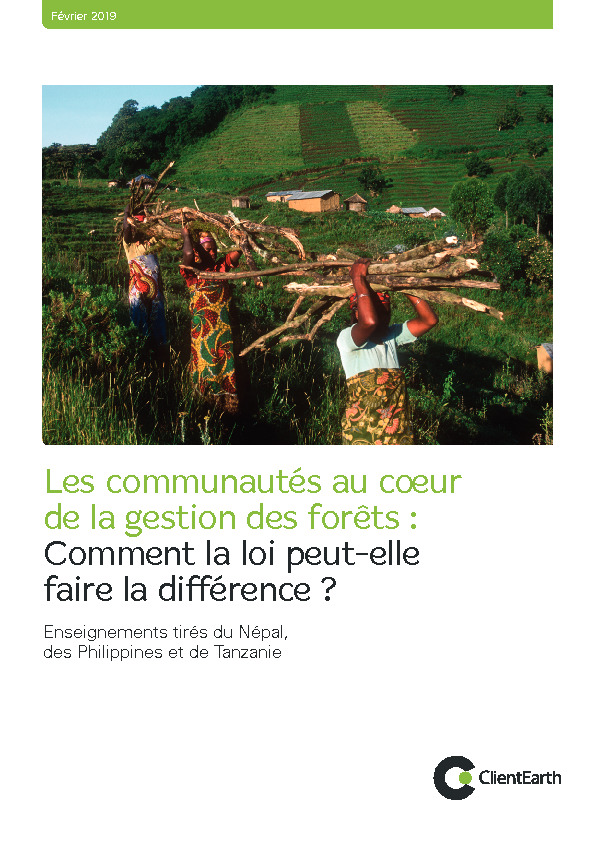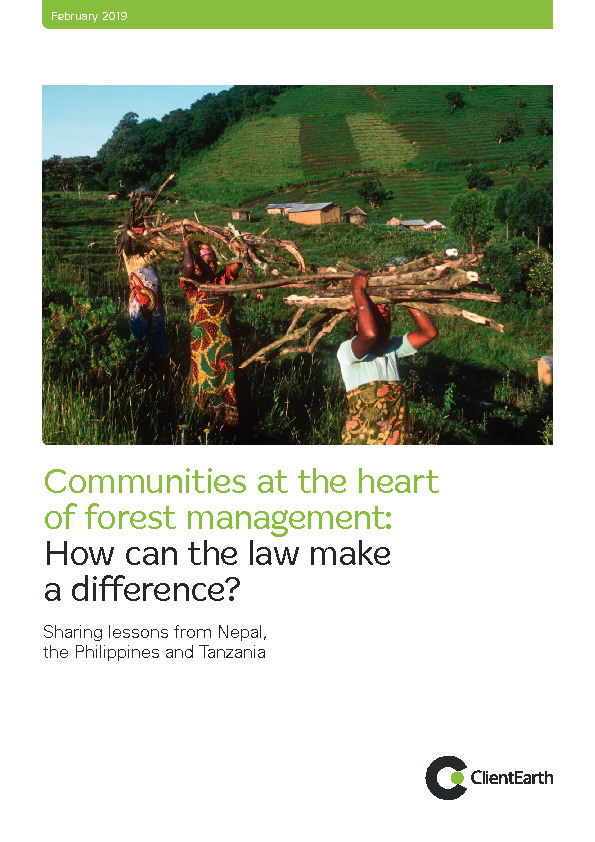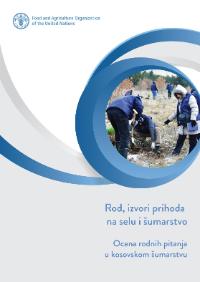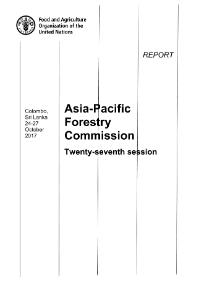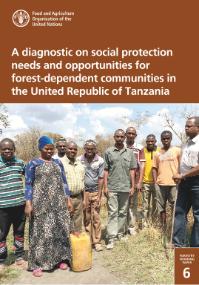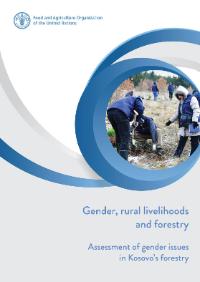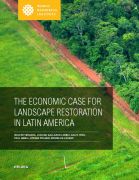Les communautés au coeur de la gestion des forêts : Comment la loi peut-elle faire la différence ?
Ce rapport vise à donner des lignes directrices pour l'élaboration de cadres juridiques sur la foresterie communautaire. Il offre des recommandations et un cadre de réflexion pour l'ensemble des acteurs engagés dans la création, la mise en œuvre ou la révision des législations relatives à la foresterie communautaire, en particulier la société civile.

